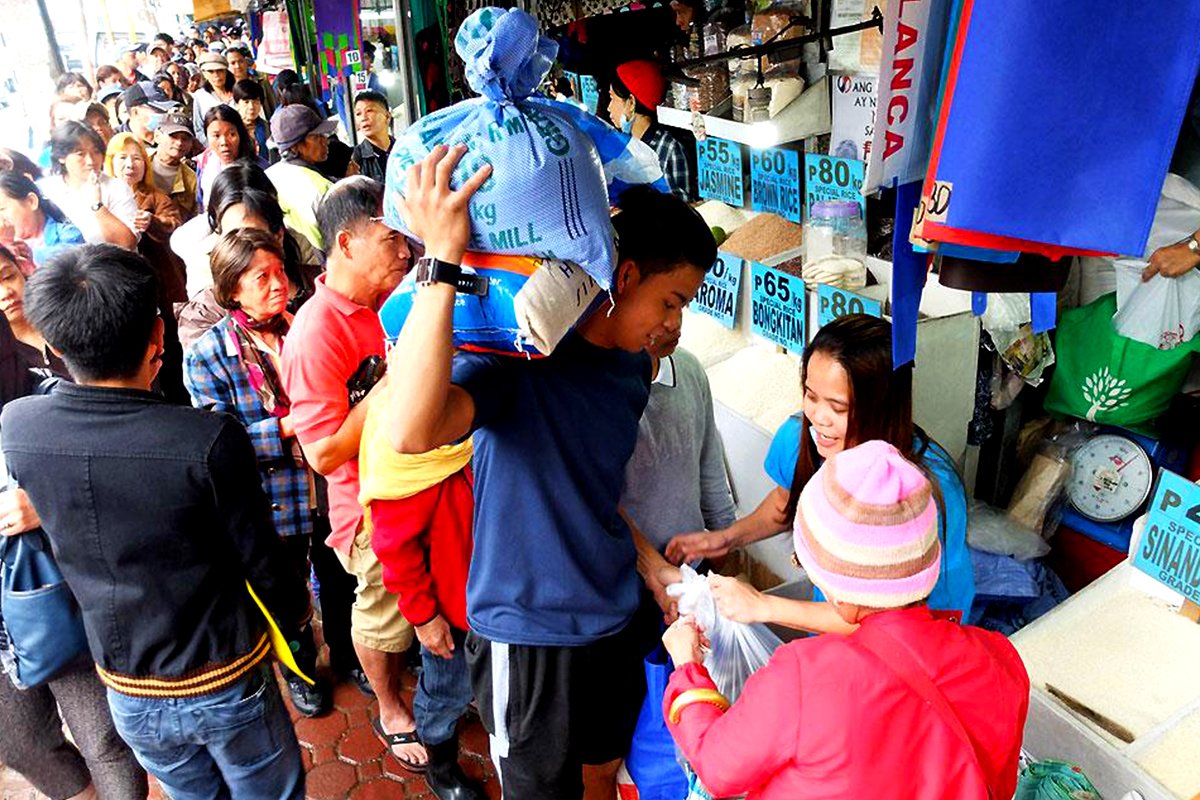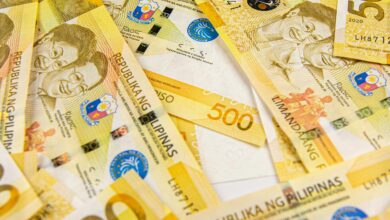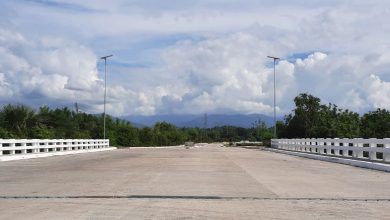
Government Employs Measures to Further Reduce Inflation
The country’s inflation rate went down to a seven-month low of 5.1 percent in December. But this is far from enough, according to the government.
On Friday, the government’s economic managers said that they will continue to work towards further reducing the prices of commodities.
“Nonetheless, we continue to exert all efforts to bring inflation within the government’s target range of 2 to 4 percent, and ensure price stability all year round,” they said in a statement.
“While we can say that the worst seems over given the signs of easing price pressures, we continue to be vigilant of possible risks.”
With the looming El Niño phenomenon this year, the National Economic and Development Authority (NEDA), Department of Finance (DOF), and the Department of Budget and Management (DBM) also underscored the importance of ensuring sufficient supply of rice and other major agricultural products from local sources.
“Short-maturing, high-yielding, and resilient varieties of crops should be utilized, alongside efficient water management systems,” they said.
Measures to Mitigate Inflation
As much as PHP7 per kilo – that’s what the economic team projects the rice prices are projected to decline once the Rice Tariffication Bill is signed into a law this year.
“We recognize, however, that this favorable effect can only be sustained if there are more players in the rice market, starting from production and financing to post harvest and trading,” said the economic team.
On top of that, the NEDA, DOF and DBM also urged the Philippine Competition Commission to be vigilant in curbing anti-competitive behavior, especially in the rice market.
“In the fisheries sector, the government is strengthening its crackdown against illegal fishing. Ten out of the 13 fishing grounds in the Philippines were reportedly over fished. This effort must be accompanied by sustainable coastal resource management to help increase fish production.”
The Department of Agriculture (DA) was also advised by the economic team to fast-track the issuance of Fisheries Administrative Order No. 259 due to limited supply, particularly in parts of the Visayas closed for fishing.
Domestic pump prices are also being monitored to make sure that the new excise tax on oil won’t be reflected at the start of the year. This is because old fuel inventories are not subjected to the tax increase.
The country, according to the economic managers, is greatly benefiting from the declining prices of international crude oil. This has led to oil price rollbacks for the past couple of months.
Although 2018’s inflation averaged at 5.2 percent, which is higher than 2017’s 2.9 percent inflation, it is within the adjusted inflation forecast of the Development Budget Coordination Committee.




